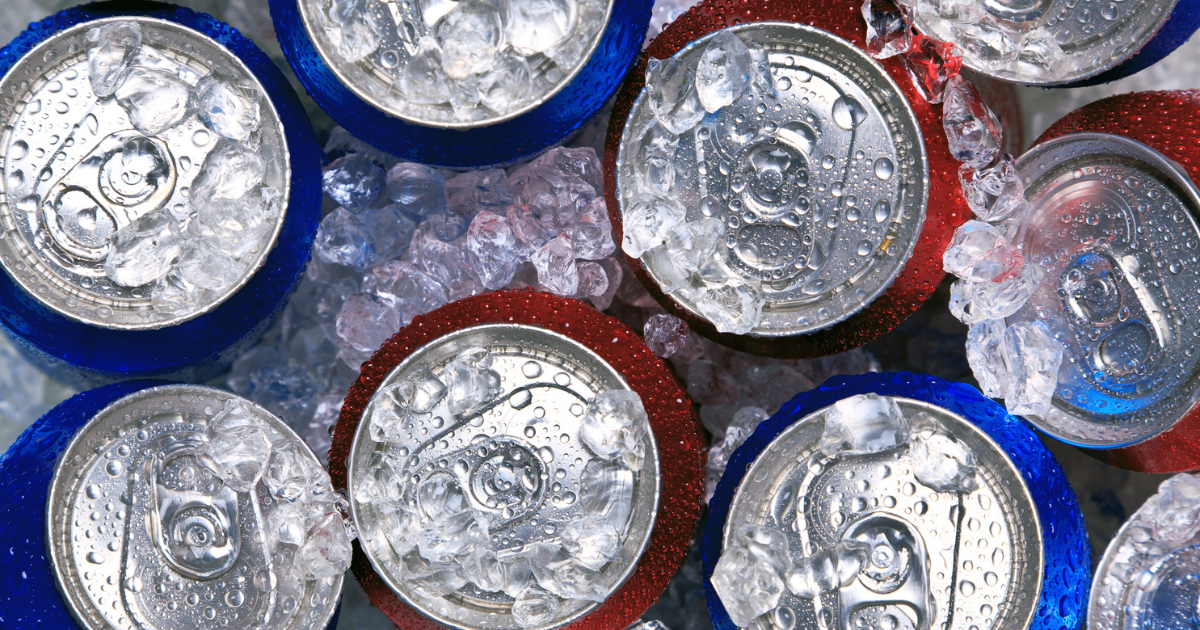What's better: Diet or sugar-sweetened pop?

Lauren Grieb, registered dietitian
The best decision really depends on the person and your daily sugar intake. If you have diabetes, diet pop is usually a better choice as sugar-sweetened pop will raise your blood sugar levels. One 12-ounce can of regular soda has about 10 teaspoons of sugar. If you do not have diabetes, it is advised to limit your total daily caloric intake from added sugars to 10 percent or less of your total calories. For a 2,000-calorie diet, that’s equivalent to 50 grams or 12 teaspoons of sugar. The average American gets closer to 17 percent of his or her calories from added sugars.
If you must have a sugar-sweetened pop, you should try to limit your intake to one can a day. Excessive sugar intake can add up quickly. The most popular sources of added sugar are sugar-sweetened beverages like pop, energy drinks and sport drinks; fruit drinks; and desserts like cookies, donuts and pastries. Excessive sugar intake is associated with obesity, diabetes and cardiovascular disease.
The use of artificial sweeteners is recognized as a safe way to reduce excessive sugar in your diet. The Food and Drug Administration has approved seven sweeteners, including aspartame, saccharin, sucralose, acesulfame, advantame, neotame and stevia. There has been no clear evidence to link any of these with increased cancer risk.
If you have concern regarding the safety of artificial sweeteners, consider stevia, which is a plant-based sweetener that comes from the stevia plant. Stevia has no calories and is 200 times sweeter than sugar in the same concentration.




